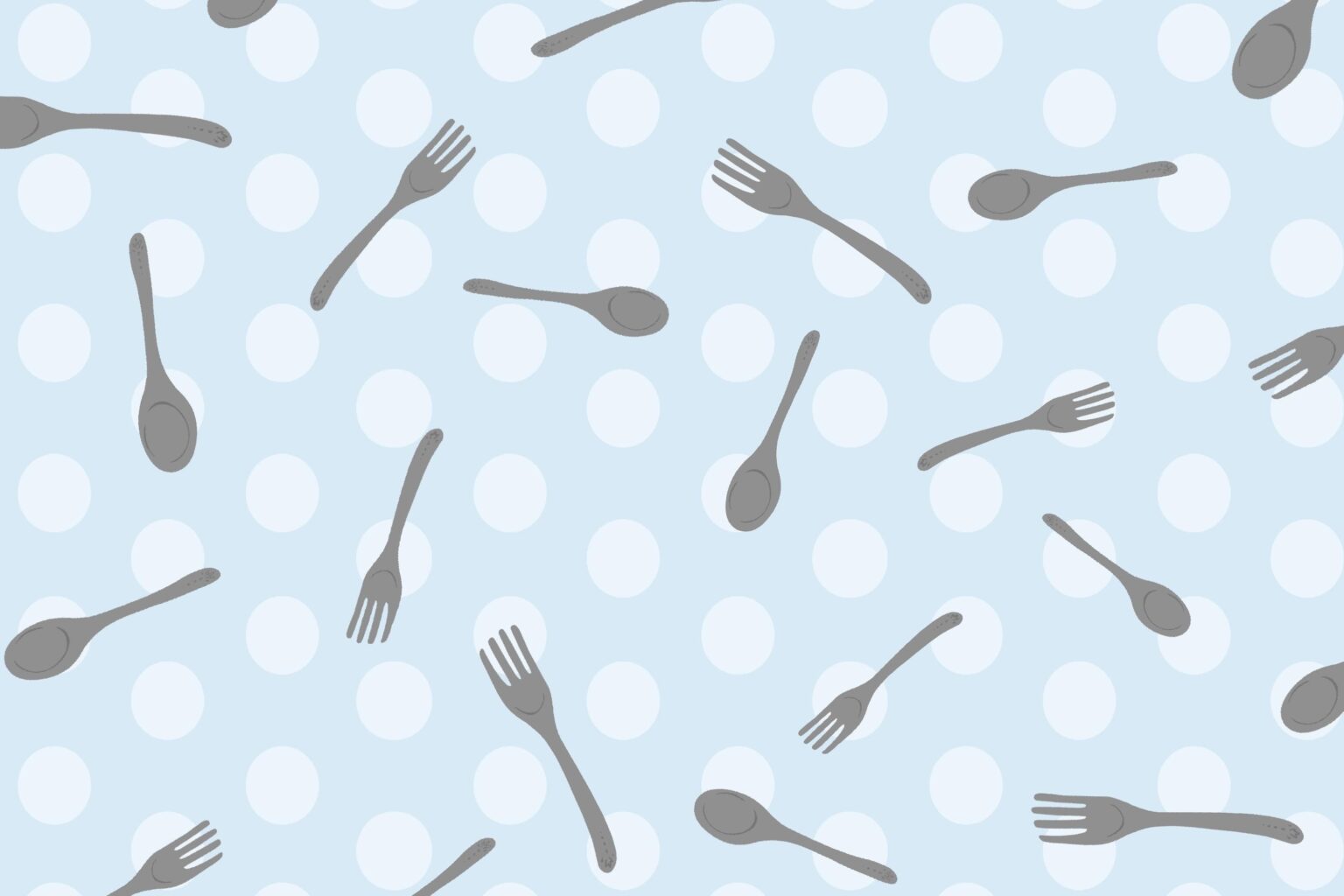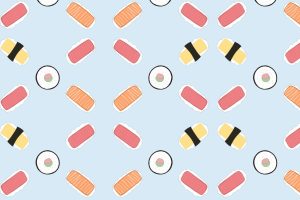4 Major Feeding Mistakes You Are Making

Does feeding your baby give you a nagging feeling that things aren’t going as well as planned? If your baby isn’t gaining weight as predicted, or if you’re struggling with the spoon, you might be unintentionally making these mistakes and potentially derailing your infant’s eating.
Mistake 1: Avoiding the mess
In the quest to stay clean and tidy (and lower the laundry load), you may be frequently swiping your baby’s mouth with a washcloth, spoon feeding him or her, or avoiding messy foods. This drive for cleanliness robs your baby of important learning experiences. Serious investigation happens during meal times, and there’s no better way to learn about food than to get down and dirty with it.
Instead: Allow your child to self-feed with a spoon, resist cleaning up until the end of the meal, and offer more food variety.
Tip: View the kitchen sink as a back-up tub, stocking it with towels, soap, and plastic measuring spoons and cups so your child can go from high chair to kitchen “tub” (with supervision) for quick cleanup.
Mistake 2: Spoon-feeding mistake for too long
This is related to Mistake #1: some parents prolong spoon-feeding to keep a cap on the mess.
Instead: Babies can begin the shift to chopped table foods at 8-9 months of age. By 12 months, your baby should be on table food, mostly self-feeding, and familiar with an open-top cup.
Tip: Follow your baby’s developmental progress and cues for readiness to see when the time is right.
Mistake 3: Offering foods that are too healthy
Babies and toddlers should receive real, natural, unadulterated foods of all flavors, with an emphasis on food introduction and lots of food exposure. But there is a trend that emphasizes fruits, vegetables, and whole grains. These foods are filling, tend to be lower in fat, and can compromise nutrition and growth in the young child. While these foods should be part of the diet, meats (or non-meat substitutes), fortified cereal, healthy fats, and dairy (or fortified non-dairy) sources should also be included.
Instead: Offer all food groups each day. Babies and toddlers still need a good amount of fat every day for growth and development.
Tip: Foods are tastier with added fat and can help children eat better.
Mistake 4: Allowing bites or gulps of adult food
What’s the harm in a little sip of coffee or a bite of brownie? Over the long haul, your infant may grow up to be a soda swigging, sweet-toothed monster if you’re not careful. The foods we offer babies early on influence their taste preferences later.
Instead: Hold out on sugary and caffeinated foods and drinks until after age two (of course, the 1 year birthday cake is okay). You’ll be arming yourself and your baby with some early exposure to healthy food, which can pay off in the long run. Babies don’t need a stimulant such as caffeine (aren’t we mostly trying to calm them?), nor do toddlers.
Tip: Avoid artificial sweeteners at all costs.
Powered by Bundoo®










